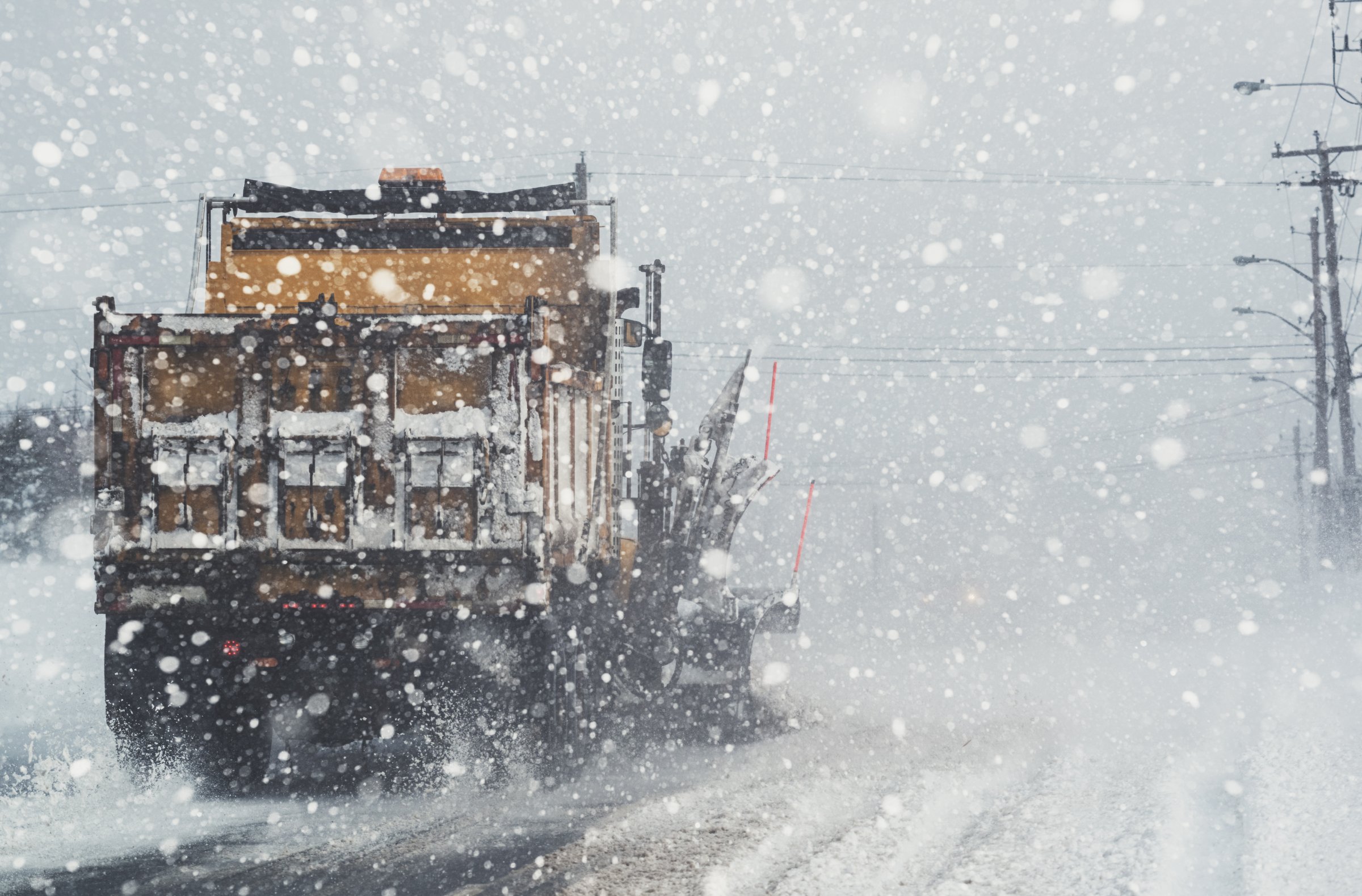
Warm winters in the Arctic may contribute to colder winters in the United States and Europe, according to new research.
The study, published in the journal Nature Climate Change, shows that the Arctic polar vortex—a large pressure system—has been shifting away from North America toward Europe over the past several decades. That in turn has allowed cold temperatures to seep downwards, making for frigid winters in North America and the United Kingdom while the Arctic experiences unprecedented warmth.
“Climate change can lead to extremes; it’s not like a regular change, everyone to the same extent at all times and places,” study author Martyn Chipperfield, an atmospheric chemistry professor at the University of Leeds, told ClimateWire. “Despite the overall warming, you can get in places like the Northeastern U.S. extreme cold events.”’
Read More: See What Winter Will Be Like Where You Live
The shift in the polar vortex, which has occurred over the last three decades, is a result of a complex set of mechanisms related to global warming, according to the research. Melting sea ice, for one, contributes to the shift.
The continued movement of the polar vortex could make for colder winters in the northern part of the United States in coming years even as global warming continues at a rapid pace. (Weather forecasters expect a colder than average winter in the Northeast this year). Temperatures in the Arctic hit as high as 16°C (29°F) above average last winter.
Scientists called attention to the effects of Arctic warming on weather patterns in highly populated areas in North America and Europe in a perspectives article this week in Nature Climate Change. “Understanding and ultimately anticipating the role of rapid Arctic warming on changing mid-latitude weather patterns is a grand scientific challenge,” the scientists said. “The potential societal and economic benefits are enormous.”
More Must-Reads From TIME
- The 100 Most Influential People of 2024
- The Revolution of Yulia Navalnaya
- 6 Compliments That Land Every Time
- Stop Looking for Your Forever Home
- If You're Dating Right Now , You're Brave: Column
- The AI That Could Heal a Divided Internet
- Fallout Is a Brilliant Model for the Future of Video Game Adaptations
- Want Weekly Recs on What to Watch, Read, and More? Sign Up for Worth Your Time
Write to Justin Worland at justin.worland@time.com